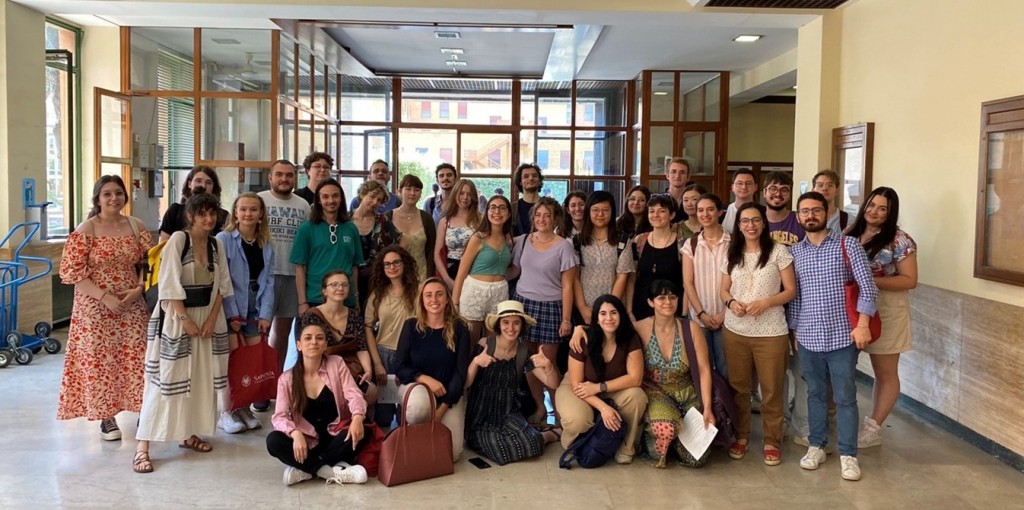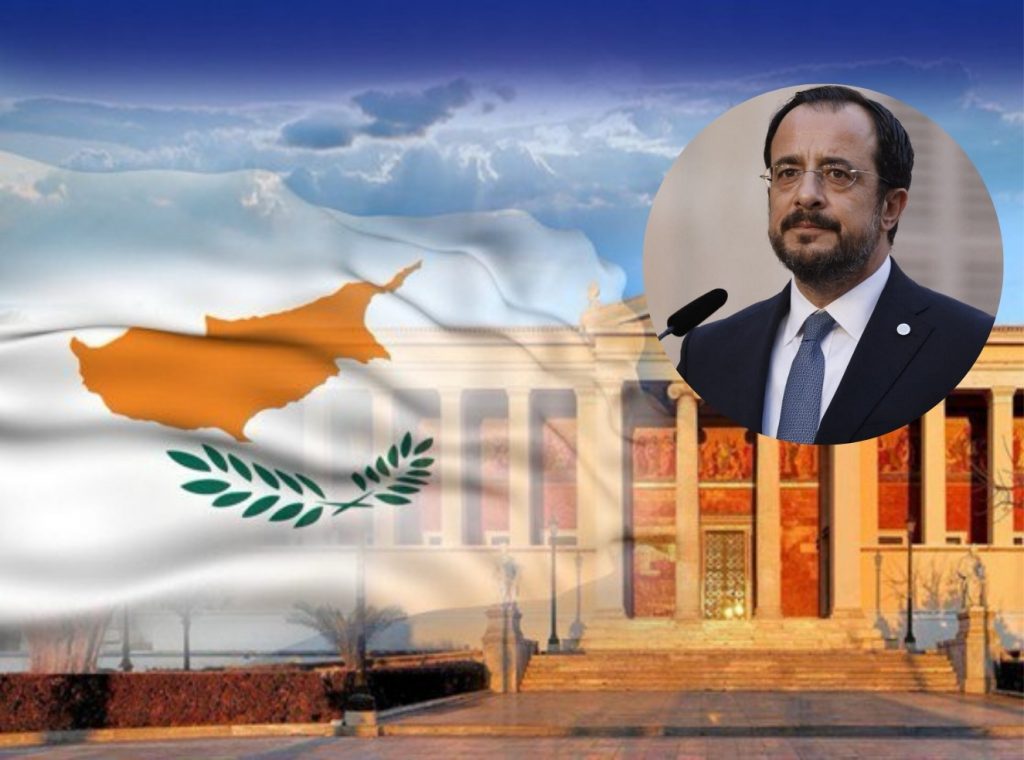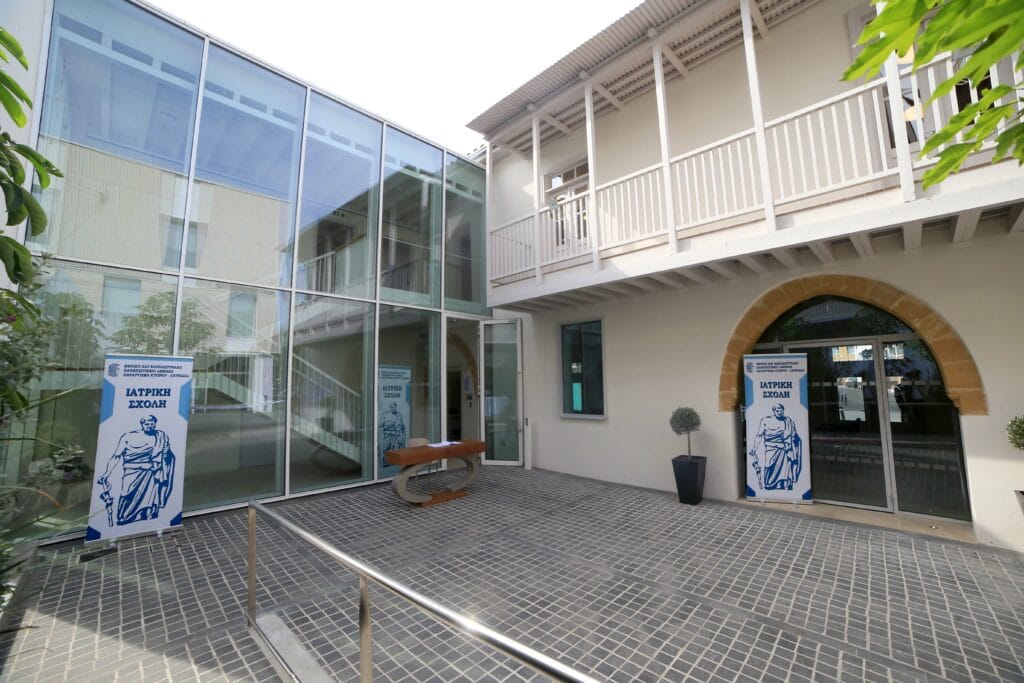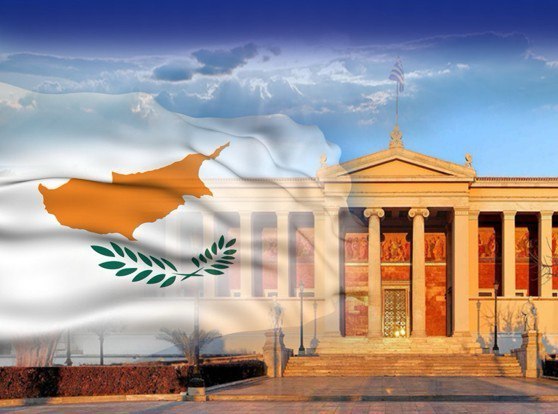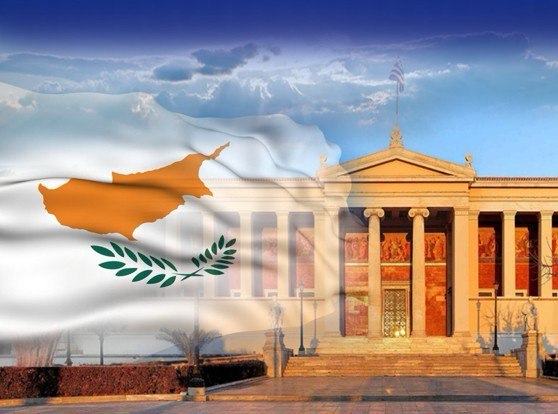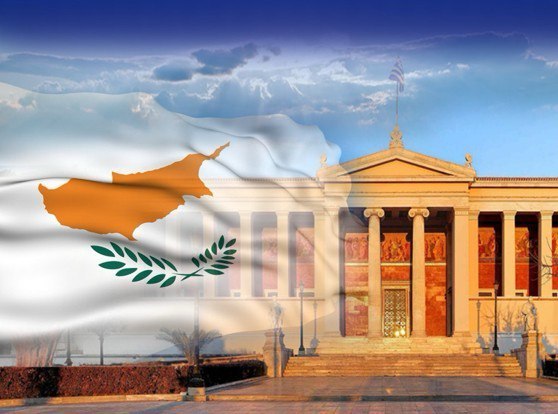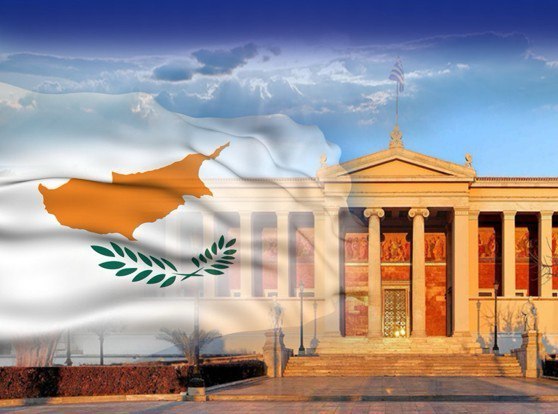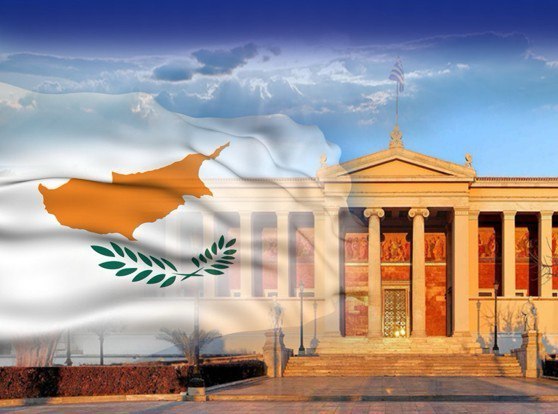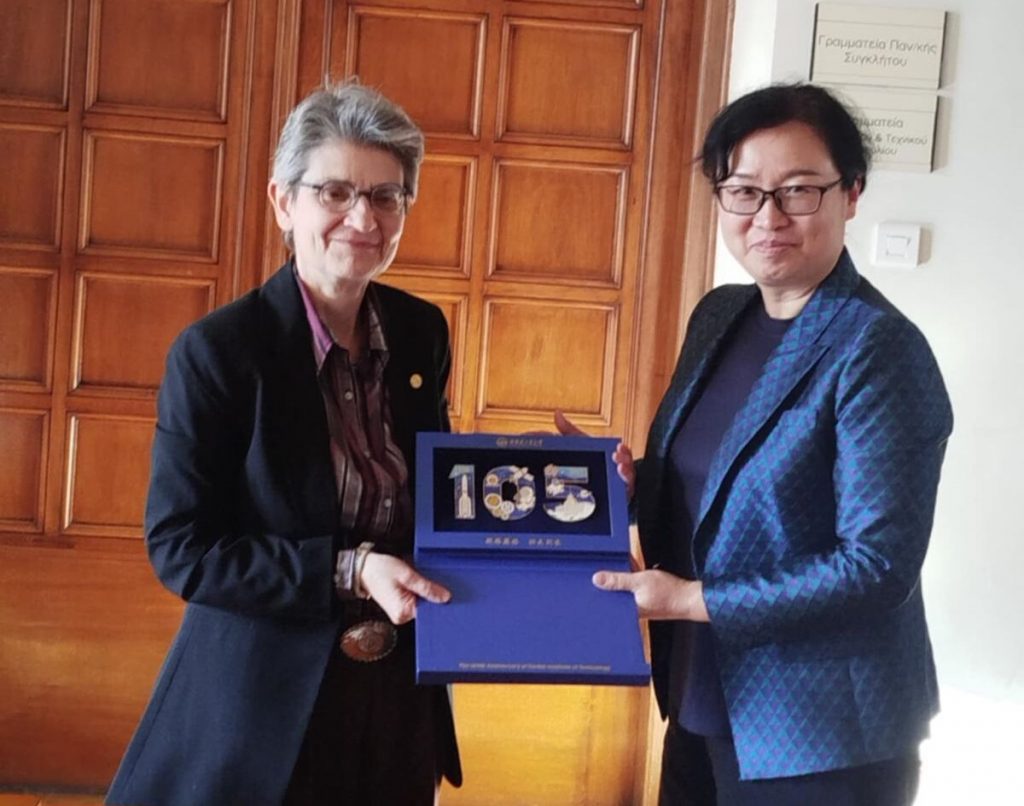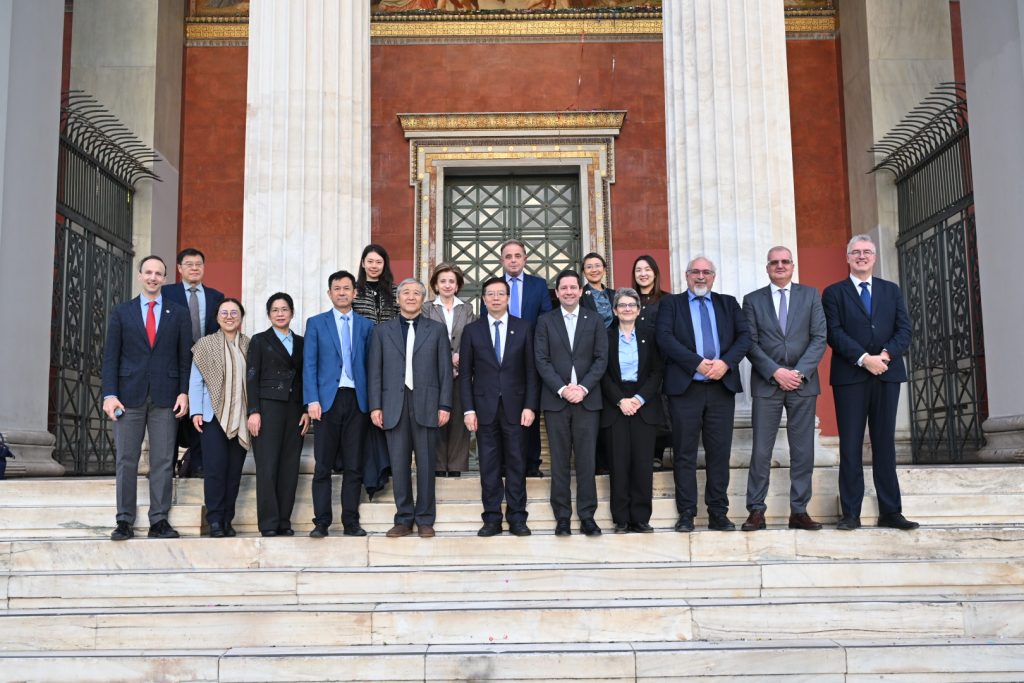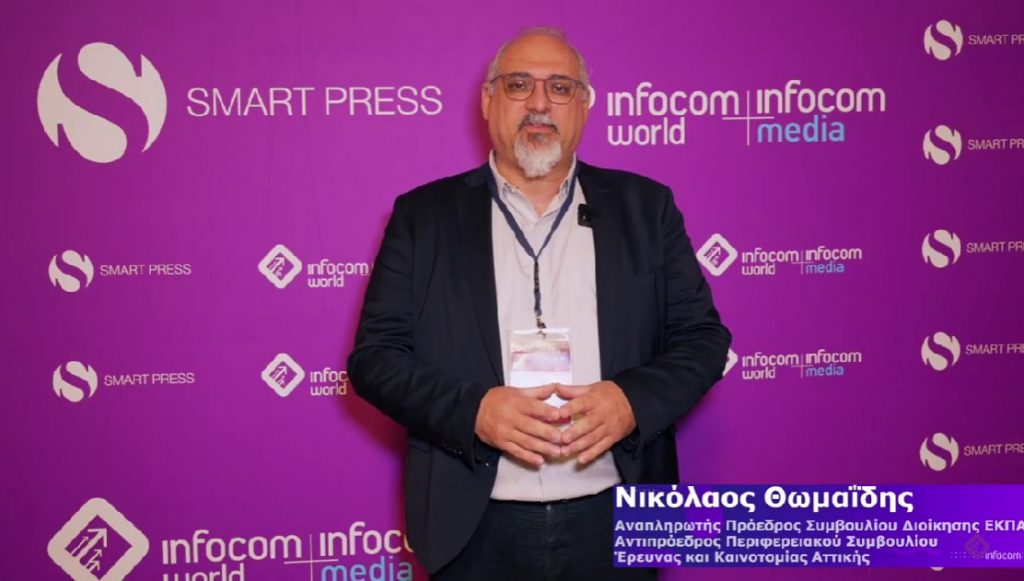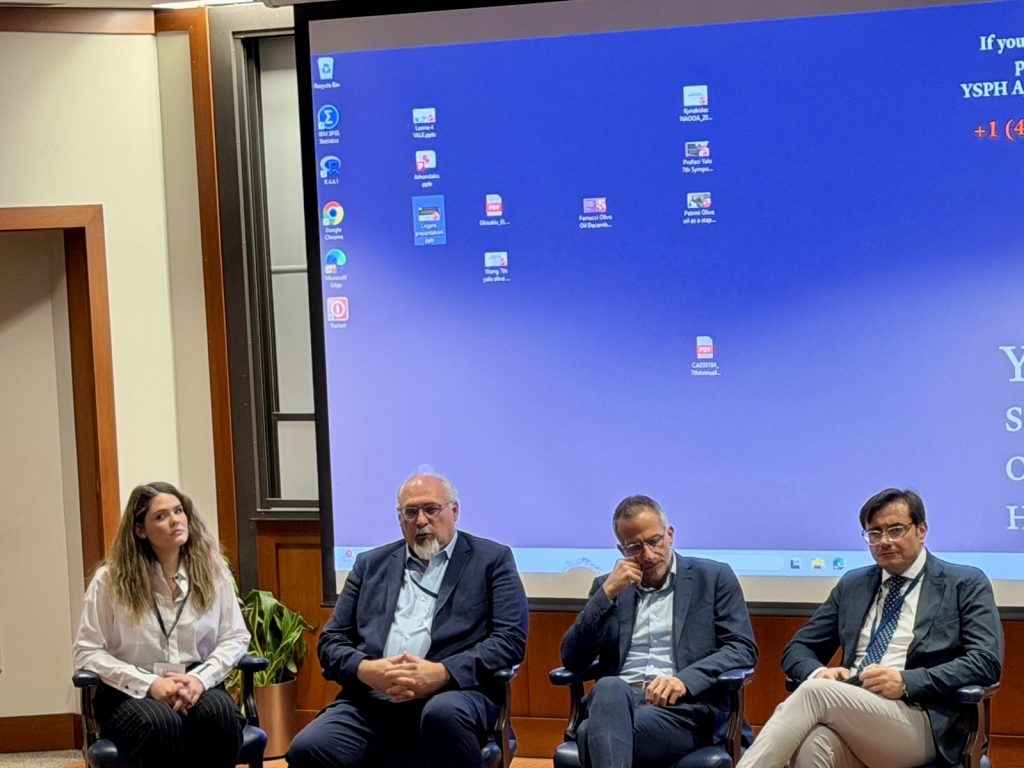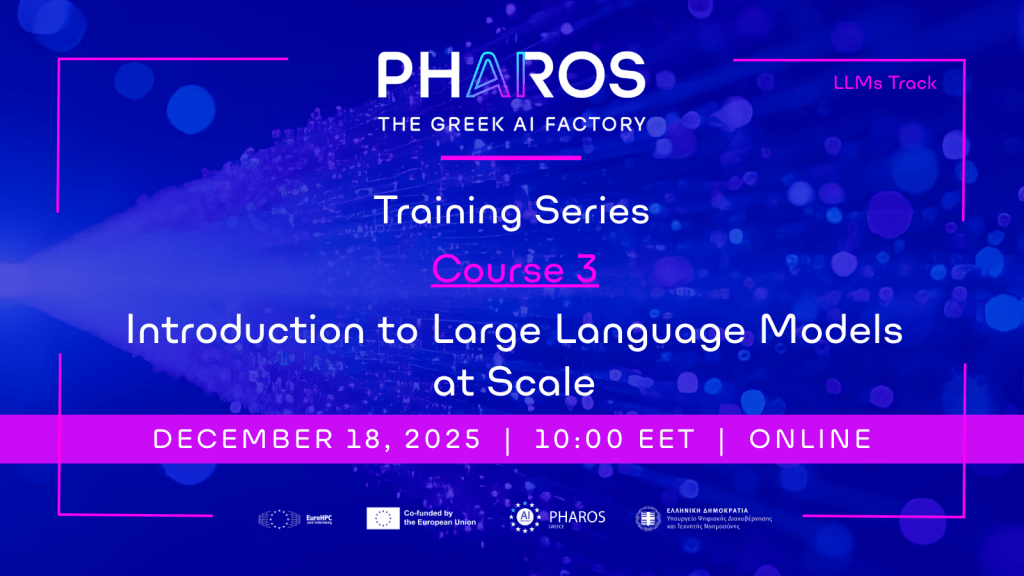
The UNI-T Academy (eUropeaN cIvic Teacher Academy) project, coordinated at AMU by the Inspé, is one of the 11 projects selected by the European Commission as part of the Erasmus+ Teacher Academies calls for proposals. Entirely in line with CIVIS, the project associates several partners of the alliance: Aix-Marseille Université, National and Kapodistrian University of Athens / School of Education, Tübingen University, Université libre de Bruxelles and Sapienza Università di Roma. Together with the Rectorat of Aix-Marseille, the project has associated partners from the school education sector, such as universities in Belgium and various schools in Greece and Italy.
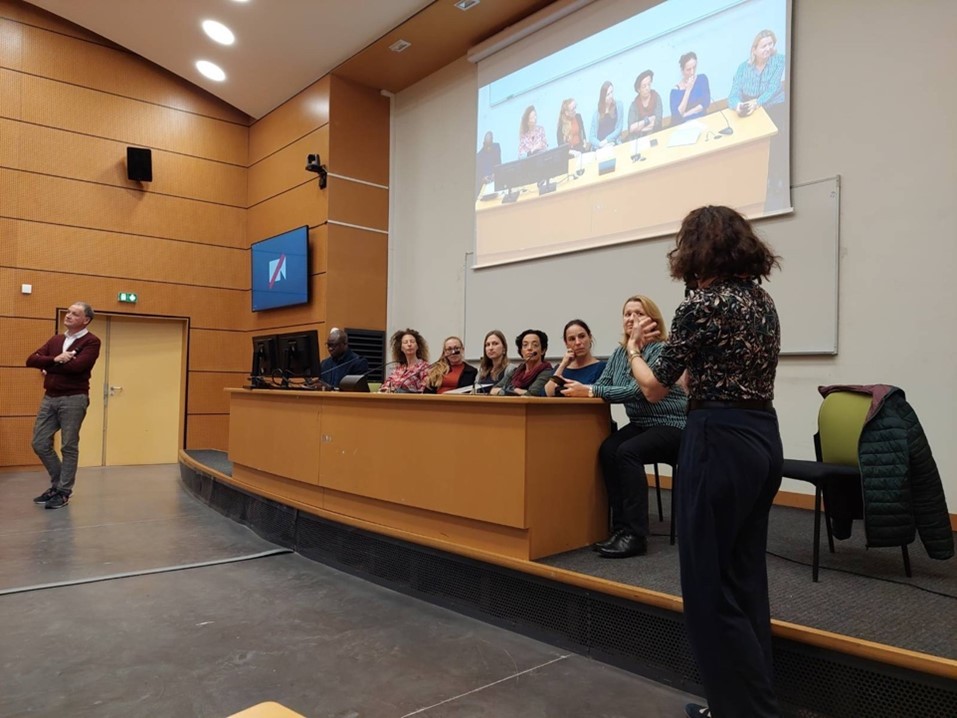
Over three years, the UNI-T Academy project aims to improve the European dimension and internationalisation of teacher training to enhance its attractiveness and mobility between countries. To achieve this, the university partners and the associated educational institutions will develop European communities of practice to encourage European teachers and future teachers to think about education beyond national borders.
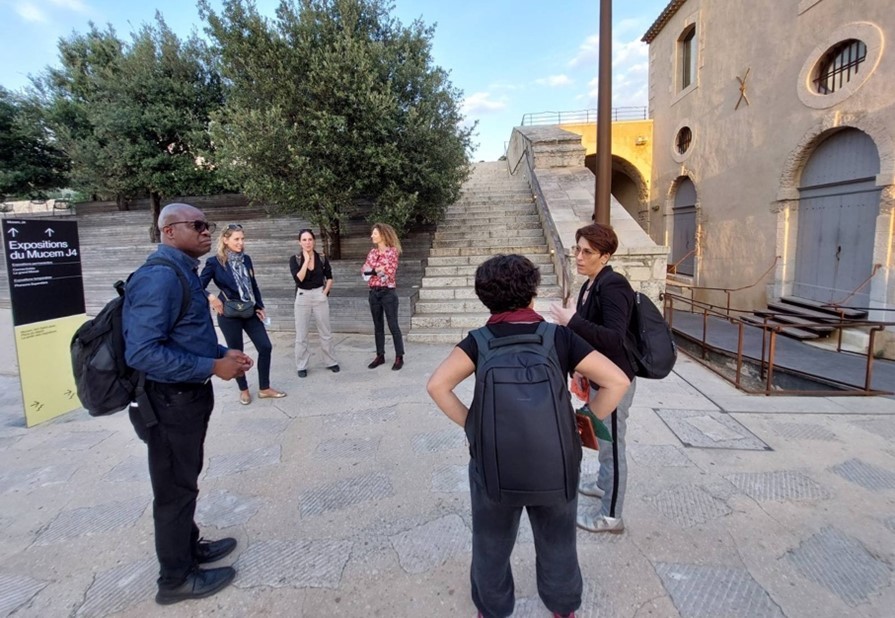
The project is based on 4 professional development strategies, each of which relies on various mobility mechanisms (physical and virtual mobility) and the development of mutual recognition systems of acquired competences to promote teacher mobility eventually.
- Strategy 1: the joint development of hybrid learning modules based on educational research and exchanges between participants.
- Strategy 2: Webinars and summer schools that will encourage transnational and intercultural dialogues with different educational actors (schools, universities, and educational institutions).
- Strategy 3: Transnational action research projects bringing together teachers and educational actors with educational researchers.
- Strategy 4: A transversal approach to the mobility of students, pre-service and in-service teachers, and teacher trainers, including open badge recognition systems.
With a budget of almost 2 million euros, the UNI-T project and the actions proposed in the project should allow :
- Access to a broader range of knowledge and the confrontation of personal representations of teachers and future teachers on what education should be.
- The development of new knowledge for educational research.
- The development of wider professional teacher networks at national and international level.
- Opportunities to promote teaching careers and employability.
The project started on July 2022 and we celebrate one year of hard work and beautiful moments. During this year, within the different WPs we have co-worked with colleagues from the partner universities and shared good practices, ideas, and our dream about education and teachers’ capacity building.
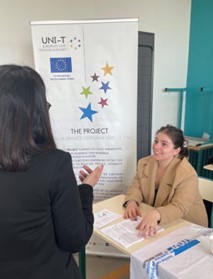
In WP2, under the objective of joint development of innovative blended teaching resources for teacher education, we developed 8 blended modules on different topics. Next school year, we will test these modules on students and teachers, and taking into account the partners’ expertise, we will create another 12 blended modules.
WP3 promotes an annual European Education Week at the Tübingen School of Education (UT) for student teachers from different countries. It allows them to interact with in-service teachers and international education experts.
In WP4 the communities of practice inspire teachers. The first community of practice under the title Active Pedagogies took place in ULB and the second about the outdoor education will be held in Rome in October 2023.
In WP5 the goal is to develop and reinforce transnational links between pedagogical teams in schools and research teams from the department of education of the consortium. By supporting the emergence of action-research projects, we want to encourage the development of studies of effective teaching and training practices in Europe.
Finally, WP6 supports a transversal approach of mobilities of student-teachers, pre-service teachers, in-service teachers and teacher educators that promotes systems of recognition with open badge and a framework for cultural and plurilingual approaches to support mobilities.
Follow UNI-T


